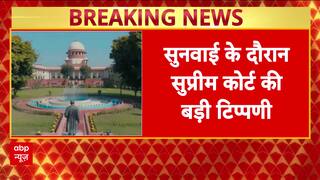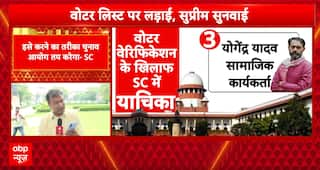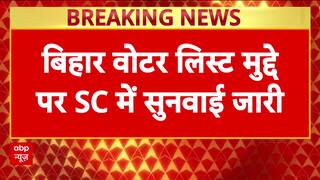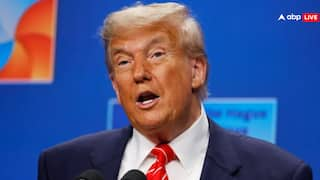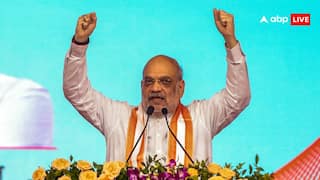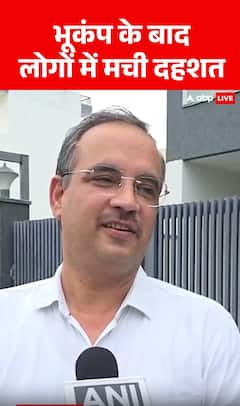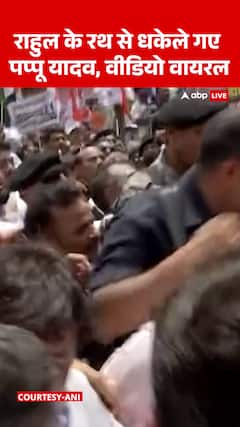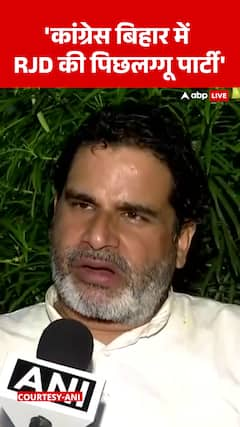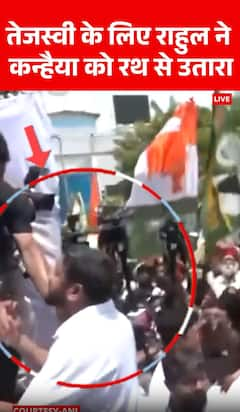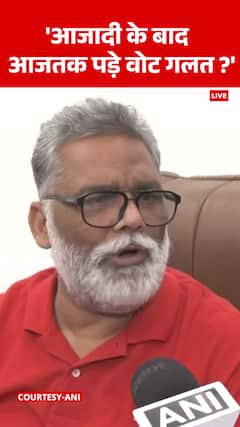Let US sort out issue with Pakistan
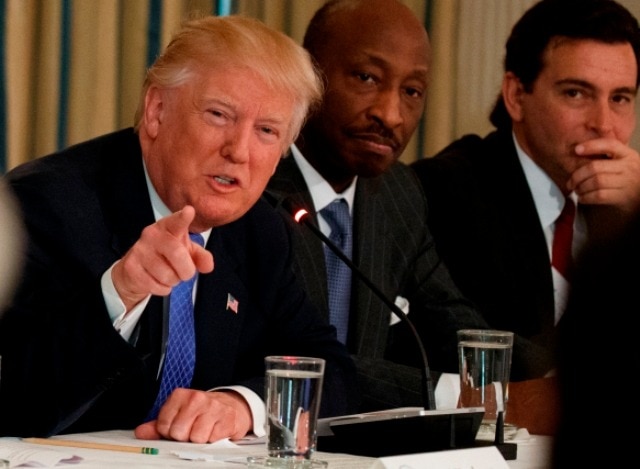
The current US Ambassador to the UN Nikki Haley has expressed the possibility of the current Trump administration getting proactive towards helping in de-escalating tensions between India and Pakistan vis-a-vis Kashmir. She was answering to the queries in an address at a press conference after assuming the role of President of the Security Council for the month of April.
The ambassador, a senior Indian-American member of the Donald Trump cabinet, said that her country will not wait till “something happens” and would rather play an active role in the region.
So far, at least on the surface and diplomatically, the US has followed a “no interference” policy and has repeatedly stressed that this is an issue that the two countries should resolved amicably by themselves. The Obama administration had repeatedly stressed that Kashmir was a bilateral issue and it was for India and Pakistan to determine the pace, scope, and character of talks on the Kashmir dispute.
The approach of the Obama government completely echoed the stand of the Indian government that too thinks that Kashmir is a problem between India and Pakistan and no other country or international organization, including the UN, should interfere.
In fact, the majority of Indians believe that the biggest tactical mistake committed by Jawaharlal Nehru (despite strong opposition from Sardar Vallabhbhai Patel)regarding Kashmir was to get the UN involved. If the UN hadn’t gotten involved, many strategists believe, India would have not only solved the present Kashmir problem long ago, it would have also gotten back Pakistan Occupied Kashmir.
But if the current US administration really wants to contribute towards solving the Kashmir problem it needs to do some introspection.
India’s biggest problem with Pakistan is not Pakistan itself, or not even its military that sustains itself on traditional hatred against India. India’s biggest problem with Pakistan is Pakistan’s ability to carry out a sustained overt and covert war (through terrorism) against us and most of this ability is underpinned by the massive financial and logistic aid that the US gives to Pakistan. The war machinery in Pakistan gets all its fuel from the US.
The Pakistani military is flushed with cash from the US, and even when its generals and people among the top military brass have amassed practically immeasurable wealth for themselves, they have enough money to carry out a sustained proxy war and whenever they feel overconfident, a direct war, against India. On their own, they could have never been able to do that. For worse, the country would have imploded, and for better, it would have understood the importance of a peaceful coexistence in the region.
Presently, the US provides financial aid to Pakistan to support its fabled “war on terror”. Despite having the wherewithal to flush out terrorists and extremist organizations in Afghanistan and Pakistan on its own (Osama bin Laden being one example), somehow, the US began to see Pakistan as its indispensable partner in the war against terror. Since 9/11 the US has given approximately $30 billion to Pakistan and most of this money has gone into engaging India in an interminable proxy war.
Somehow, the US administration feels, or has led itself to feel, that if it does not give this financial aid to Pakistan, the legitimate Pakistani establishment will be overrun by warlords and terrorist organizations, and that would pose a greater problem in the region. In that light, the problems that India has to face due to that are deemed as collateral damage by the US.
Even up till late 2016 there was a proposal to give an aid of $860 million to Pakistan including financial aid to counter, guess what, insurgency within Pakistan. Some sort of sanity has prevailed and the current Trump administration has decided to drastically cut the financial aid that the US gives to Pakistan. The current development is less due to its concern for India and more due to the disillusionment, although, to be frank, this disillusionment is perfectly represented by the old Indian saying “boye ped babool ka to aam kahan se hoy?” - why do you expect to reap mangoes from the thorny acacia tree you sowed?
For many decades, Pakistan has remained as a spoiled-but-indulged child of Europe to some extent and the US to a great extent. Despite the various US presidents adopting very friendly postures towards India (the two greatest democracies of the world, etc.) it’s Pakistan who has been constantly mollycoddled, may be due to its strategic location in the region.
In the past, when Russia (the Soviet Union at that time) was fast expanding its influence through Afghanistan and other neighbouring countries and India too seemed like more open to communist regimes, the US saw Pakistan as the proverbial spanner it could put in the communist expansionist machinery. India, due to its misplaced ideological and political priorities, too gave ample indications to the US and its allies in the West that their interests would be served better by constantly propping up Pakistan against India.
But those times are long gone and the US should have understood by now that Pakistan has grown into a boil that has begun to fester and infect the surrounding regions. Actually, not just surrounding regions: a slew of terrorist attacks carried out in the US, it has been found, were planned on the Pakistani soil.
Whether the Indian government is going to welcome the latest US stand of wanting to play a constructive role towards the resolution of the Kashmir issue or not, is another issue, but if the US is genuinely interested in the peace in the Indian subcontinent, it should stop giving aid to Pakistan. The US has the world’s most advanced intelligence system and it is very difficult to believe that the country is oblivious to what Pakistan has been doing with the money that it receives from the US. Providing unfettered financial aid to Pakistan and wanting to mediate would be like running with the hare and hunting with the hounds at the same time.
In all fairness one must also acknowledge the fact that ever since the new US government took over there have been some positive steps taken towards directly pointing out governments and regimes that let terrorist activities hatch and spread their tentacles under their noses, either pretending to look away or playing the victim card. In the same news conference mentioned above, Haley also said that the US is looking into ways to impose UN sanctions on terrorists and terrorist organizations despite Security Council vetoes by certain countries (China for example, in the case of Hafiz Saeed).
Having said all this, there is also a deeper problem that our future historians, political scientists and theologists will be able to analyse someday (many already acknowledge this but it is beyond the scope of this write-up) that plagues the relationship between India and Pakistan and what sort of role the relationship between Pakistan and the US plays in this entire thing, with China being the recent entrant. Former Pakistani president Pervez Musharraf perhaps rightly said in an interview that troubles between India and Pakistan will be there even when the Kashmir issue is amicably solved.
About the author: Amrit Hallan is a well known blogger and tweets at @AmritHallan Disclaimer: The opinions, beliefs and views expressed by the various authors and forum participants on this website are personal and do not reflect the opinions, beliefs and views of ABP News Network Pvt Ltd.







